As the general election campaign rolls relentlessly on, there seems little sign of any change.

Theresa May, who increasingly talks in terms of a vote for her and then almost as an afterthought for her party, looks certain to win. The only issue will be the size of her victory, with insiders less inclined to talk of a landslide, rather of a Conservative majority of around 80.
UKIP voters seem to be turning straight to her given she has effectively shot the UKIP fox and the party is not even standing in every seat. Oh, and Nigel Farage thinks he would be better off keeping his MEP salary rather than risking another humiliation.
The Lib Dem leader has had to fight off accusations of not being clear on whether he thinks gay sex is a sin and the furore has clouded his strategy of being the party for the 48%.
Harping back to the referendum, though, when many MPs voted to leave in seats that voted to remain, he might yet win 20 seats, which would be a triumph for a party that looked as dead as a doornail after its 2015 losses.
May talks of a vote for her and then almost as an afterthought for her party
Having wiped out Labour in Scotland that year, the SNP can only lose this time around. It is Ruth Davidson’s Tories that look likely to win around eight seats there. It will weaken Nicola Sturgeon’s case for a second referendum considerably.
Then there’s Jeremy Corbyn, the Tories’ best friend. His supporters claim the press are violently biased against him, but in truth he is his own worst enemy. Whether or not he survives as Labour leader will be the most significant postscript to this election.
‘Uncompromising’
Expect the usual poll surprises, gaffes all round and occasional hilarity over the next five weeks, but come June 9 it will all be over. Just grin and bear it.
May has stressed that this election is about strengthening her hand in her Brexit negotiations and last week, EU leaders met to agree their demands.
It didn’t take them long. In less than four minutes, the remaining 27 countries unanimously approved a plan described by some news media as “uncompromising” and “tough”.
Negotiating terms
Gosh, really? The first of their three demands were guarantees for the rights of EU citizens living in the UK, with which May has no problem provided the same rights exist for UK citizens living in Europe.
They then talked about the need to keep the Northern Irish border “soft”. No country could be keener on that than the UK.
And then they told us we would have to pay some bills on exit - our dilapidations on the Berlaymont building no doubt included. The UK, which will save north of £9bn a year on exit, has always factored in some contributions after leaving and this will come as no surprise.
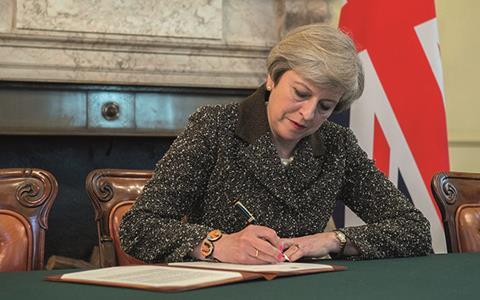
Only when sufficient progress (note: not finalised, just ‘sufficient’) has been made will the EU embark on trade talks, which member states - as distinct from the EU bureaucrats - increasingly recognise will be as much ‘business as usual’ as is possible, including the absence of tariffs and a sensible agreement to adhere to the rules of the customs union.
So is this a win for the UK? No more than it is for the other member states, which are increasingly making clear that this is their preferred outcome.
We still need agreement on how the UK controls its borders but, as it becomes clear that the economy needs civil and electrical engineers, doctors, skilled nurses and other highly qualified migrants, not to mention baristas, care assistants and fruit-pickers to keep pace with the fastest-growing economy in the G7, deals can surely be done that satisfy both sides.
Expect plenty of this scary stuff for at least the next 18 months and treat it all with a very big pinch of salt - Cheshire salt, of course.























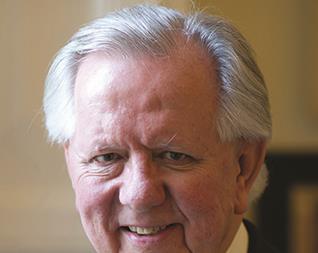
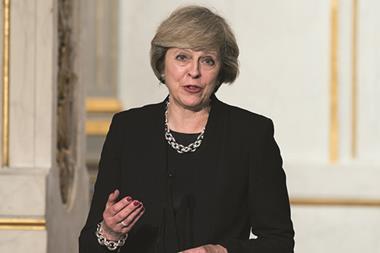

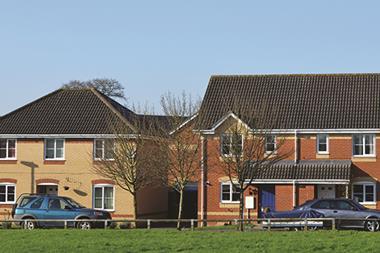
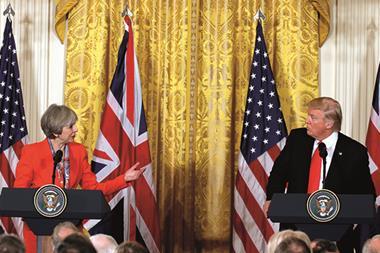
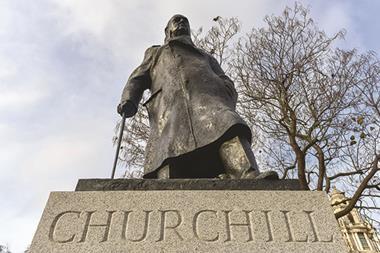
No comments yet